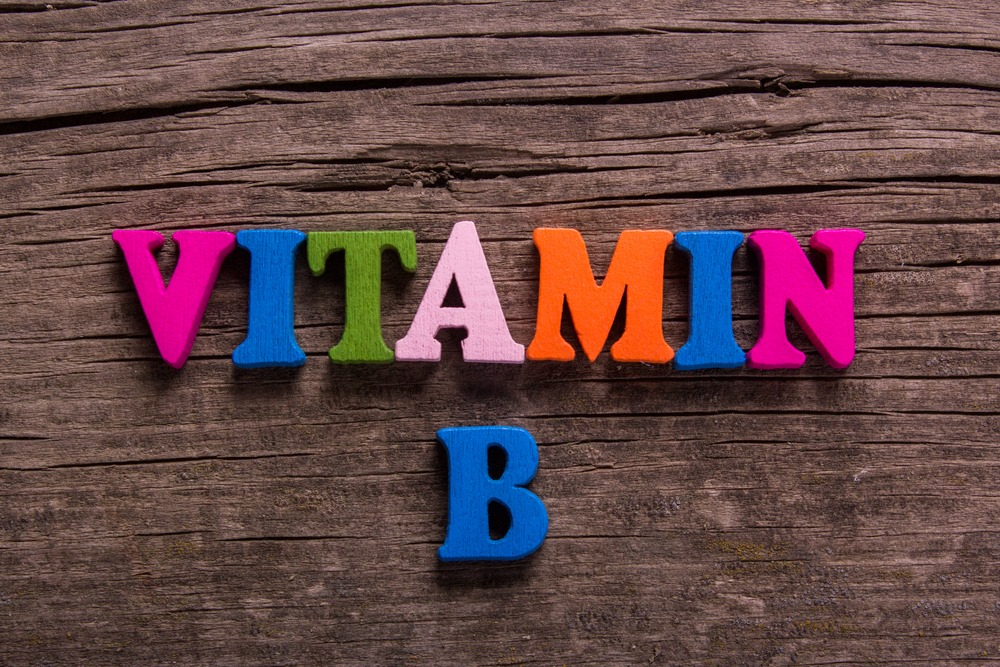Vitamin B is a group of eight nutrients, each of which plays a specific role in the body’s health maintenance. They are especially important for maintaining the health and vigor of your cells.
Depending on which B vitamin is deficient, the symptoms of a vitamin B deficiency vary.
Some foods are high in multiple B vitamins, while others are especially high in one or two B vitamins. Eating a well-balanced diet is critical for ensuring that your body receives all of the nutrients it requires.
This article discusses the most common types of vitamin B, as well as why you need them, the symptoms of deficiency, and which foods contain them.

Classification
Vitamin B is classified into eight types:
- thiamin (B1)
- riboflavin (B2)
- niacin (B3)
- pantothenic acid (B5)
- pyridoxine (B6)
- biotin (B7)
- folate or ‘folic acid’ when included in supplements (B9)
- cyanocobalamin (B12).
B1 and B2 vitamins:-
Vitamin B1 is also known as thiamin, and vitamin B2 is known as riboflavin.
These vitamins aid in the conversion of food into energy. Vitamin B1 is beneficial to the nervous system, and vitamin B2 aids in the maintenance of normal vision.
Symptoms of vitamin B1 or B2 deficiency
-Loss of Appetite
-Fatigue
-Irritability
-Cracked lips
-Dry skin
-Mouth ulcers
Good sources
-liver
-meat
-milk
-cheese
-eggs
B3 vitamin:-
Vitamin B3, also known as niacin, aids in the conversion of food into energy. It also promotes proper digestion and a healthy appetite, and it is necessary for cell development.
Symptoms of Vitamin b3 deficiency
-bright red tongue
-vomiting
-constipation or diarrhea
-fatigue
-aggressive, paranoid, or suicidal behavior
-hallucinations
Good sources
-meats
-fish
-poultry
-milk
-wholegrain bread and cereals
-all protein-containing foods.
B5 vitamin:-
Vitamin B5, also known as pantothenic acid, is one of the most important vitamins for human life. It is required for blood cell formation and aids in the conversion of food into energy.
Symptoms of a B5 deficiency
-headache
-fatigue
-irritability
-impaired muscle coordination
-gastrointestinal problems
Good sources
-liver
-meats
-milk
-eggs
-yeast
-peanuts and legumes.
B6 vitamin:-
Vitamin B6, also known as pyridoxine, is a B vitamin that helps the body convert food into energy. By boosting the immune system, it can also help the body fight infections.
It is required for pregnant and breastfeeding women in order for their babies’ brains to develop normally.
Symptoms of Vitamin b6 deficiency
-depression
-confusion
-nausea
-anemia
-susceptibility to infections
-skin rashes or dermatitis
Good sources
-cereal grains
-legumes
-green and leafy vegetables
-fish and shellfish
-meat and poultry
-nuts
-fruit.
B7 vitamin:-
Vitamin B7 cannot be synthesized by human cells, but it is produced in the body by bacteria and is found in a variety of foods.
Symptoms of Vitamin b7 deficiency
-hair loss, or alopecia
-a scaly, red rash around the eyes, nose, mouth, and genitals
-depression
-lethargy
-hallucinations
-tingling and numbness in the hands and feet
-impaired immune function
Good sources
-cauliflower
-egg yolks
-peanuts
-chicken
-yeast
-mushrooms.
B9 vitamin:-
Vitamin B9 is also known as folate. Folate is naturally present in foods. A synthetic form of folic acid is commonly found in fortified, processed foods.
B9, like the majority of B vitamins, promotes the growth of red blood cells. When pregnant women consume it, it also lowers the risk of birth defects.
Symptoms of Vitamin b9
-megaloblastic anemia, which causes weakness
-fatigue
-trouble concentrating
-irritability
-headache
-heart palpitations
-shortness of breath
Good sources
-green leafy vegetables
-legumes
-seeds
-eggs
-cereals
-citrus fruits.
B12 vitamin:-
Vitamin B12, also known as cobalamin, aids in nervous system regulation. It also aids in the formation and growth of red blood cells.
Vitamin B12 Deficiency Symptoms
-tiredness or fatigue
-weakness
-loss of appetite
-weight loss
-tingling and numbness in the hands and feet
-confusion
-poor memory
Good sources
-milk
-cheese
-meat
-fish
-eggs
Who is in danger?
Vitamin B deficiency is more common in certain populations, such as the elderly and pregnant women. They require a higher intake of certain types of vitamin B.
Certain conditions, such as Crohn’s disease, Celiac disease, HIV, and alcohol use disorder, can impair the body’s ability to absorb B vitamins, increasing the risk of deficiency.
The symptoms of a vitamin B deficiency differ depending on which B vitamin is deficient.
They can range from fatigue and confusion to anemia and a weakened immune system. Rashes on the skin are also possible.
To treat a B vitamin deficiency, your doctor will most likely advise you to take supplements or increase your intake of foods containing the target vitamin.
What exactly is a vitamin B test?
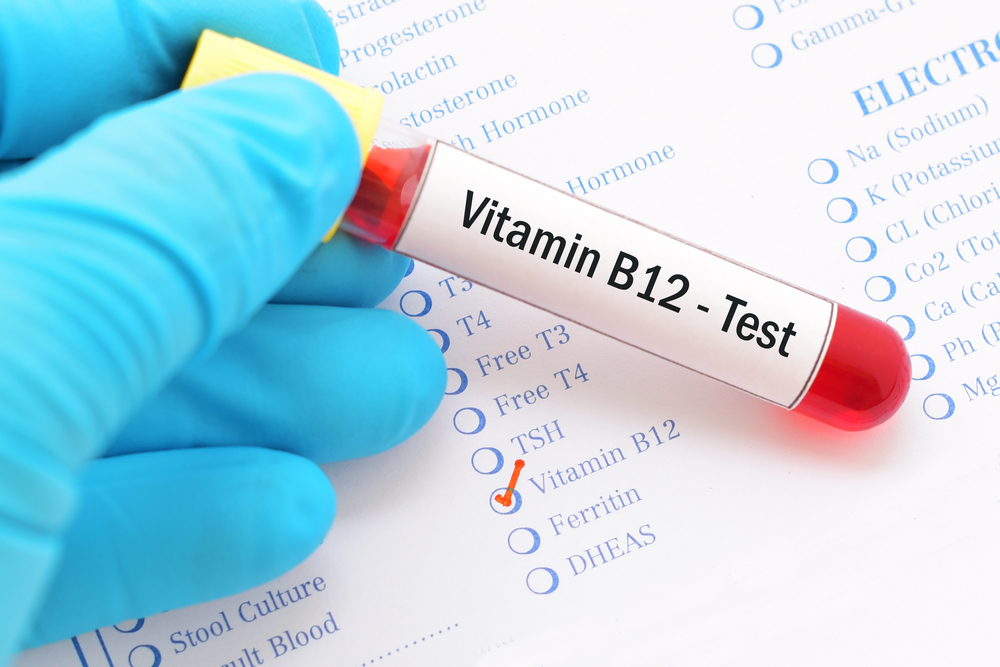
This test determines the concentration of one or more B vitamins in your blood or urine. B vitamins are nutrients that the body requires to perform a variety of essential functions. Moreover, these are some examples:
Maintaining a normal metabolism (the process of how your body uses food and energy)
Making healthy blood cells
Assisting the nervous system’s proper operation
lowering the risk of heart disease
Assisting in the reduction of bad cholesterol (LDL) and the increase of good cholesterol (HDL)
What is its purpose?

Vitamin B testing determines whether your body is deficient in one or more B vitamins (vitamin B deficiency). Certain types of anemia are frequently detected using a vitamin B12 and folate test.
If you have symptoms of a vitamin B deficiency, you may require this test.
Symptoms differ depending on which B vitamin is deficient, but some common ones are:
-Rashes
-Hand and foot tingling or burning sensations
-Cracked lips or sores in the mouth -Weight loss
-Weakness
-Fatigue
-Mood swings
If you have certain risk factors, you may also require testing. If you have any of the following conditions, you may be at a higher risk of vitamin B deficiency:
-Have celiac disease
-Have had gastric bypass surgery
-Anemia in the family
-Fatigue, pale skin, and dizziness are all symptoms of anemia.
What do the findings imply?
If you are deficient in vitamin B, it is possible that you have:
Malnutrition is a condition that occurs when you do not consume enough nutrients.
A malabsorption syndrome is a condition in which your small intestine does not absorb enough nutrients from food.
Celiac disease and Crohn’s disease are examples of malabsorption syndromes.
Pernicious anemia, a condition in which the body does not produce enough healthy red blood cells, is the most common cause of vitamin B12 deficiency.
If you have any concerns about your results, speak with your doctor.
Additional B-12 deficiency tests
If blood tests show that you have a vitamin deficiency, your doctor may order additional tests to determine the type and cause, such as:
Antibodies are tested.
A blood sample may be drawn by your doctor to test for antibodies to intrinsic factors. As a result, their presence suggests that you have pernicious anemia.
Methylmalonic acid should be tested for. To detect the presence of methylmalonic acid in the blood, a blood test may be performed. This substance is more prevalent in people who are deficient in vitamin B-12.
Treatment
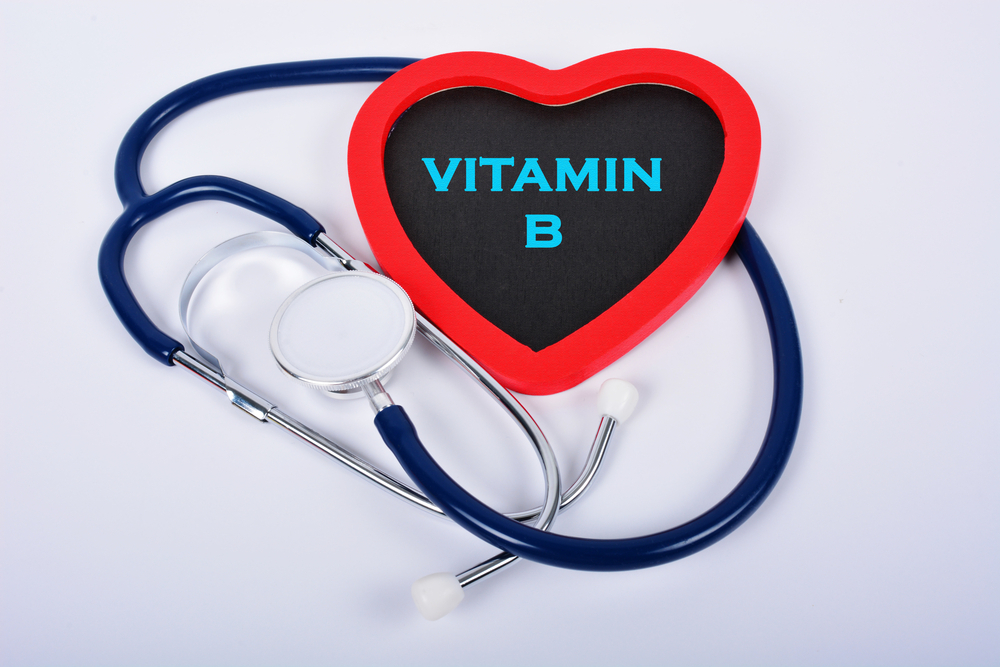
Vitamin deficiency anemia is treated with supplements and dietary changes.
Moreover, the treatment consists of adhering to your doctor’s dietary recommendations and taking folic acid supplements. Typically, folic acid supplements are taken orally.
You may be able to stop taking the supplements once your body’s folate level returns to normal.
If the underlying cause of your folate deficiency cannot be corrected, you may have to take folic acid supplements indefinitely.
Moreover, it is not uncommon for folate deficiency and B-12 deficiency to coexist. Treatment for folate deficiency without treatment for vitamin B-12 deficiency may aggravate your symptoms.
Vitamin B’s Roles in the Brain Health
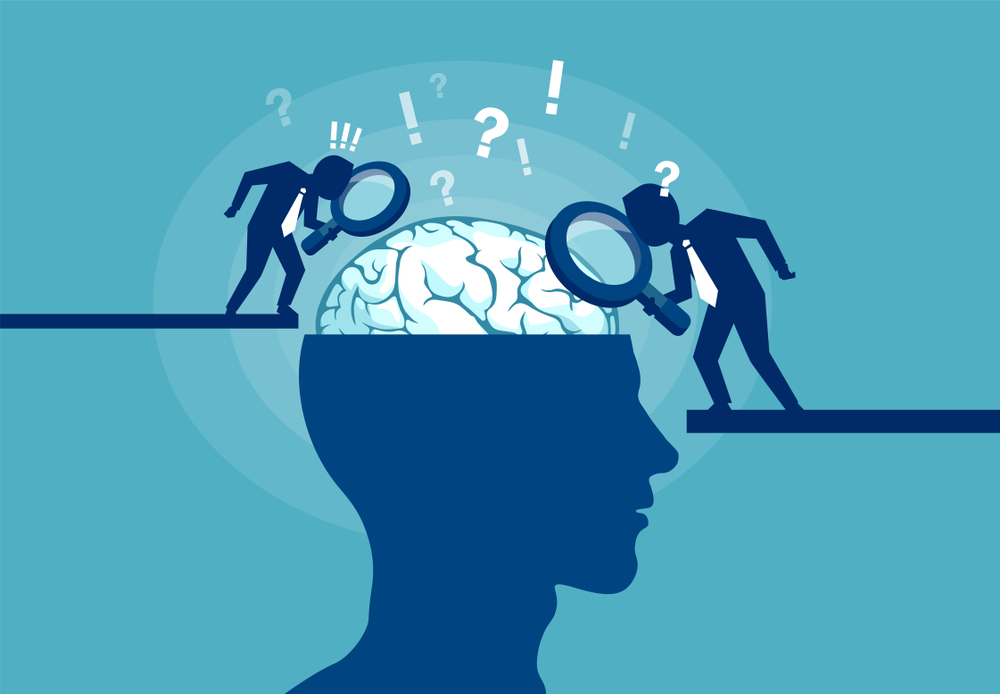
The brain is by far the most metabolically active organ in the body, accounting for more than 20% of total energy expenditure despite accounting for only 2% of body weight. The general metabolic functions of the B vitamins, as well as their roles in neurochemical synthesis, can thus be viewed as having a specific impact on brain function.
Indeed, the fact that each vitamin is actively transported across the blood-brain barrier and/or choroid plexus by dedicated transport mechanisms demonstrates the importance of B vitamins for brain function.
Specific cellular uptake mechanisms govern distribution once in the brain, and while all B vitamins have high turnover rates ranging from 8% to 100% per day, their levels in the brain are tightly regulated by multiple homeostatic mechanisms.
Alcohol causes a vitamin B deficiency.

Many people are unaware of the potential risks they are exposing their bodies to when they consume alcohol. When confronted with trauma, stress, or social anxieties, alcohol abuse can emerge quickly and, in some cases, lead to alcohol addiction.
It is easy to see the negative effects of alcohol when you see someone slurring their speech or having impaired motor skills, but there are other aspects that the casual observer is unaware of. There has been ongoing research into chronic alcohol abuse and how it leads to B vitamin deficiencies.
Is it possible that being deficient increases your risk of certain conditions?
You may also experience a variety of symptoms if you are B vitamin deficient, depending on which B vitamins you are deficient in.
If left untreated, deficiency may increase your risk of developing:
-anemia
-digestion problems
-skin problems
-infections -neuropathy of the periphery
A lack of vitamin B-12, in particular, may increase your risk of neuropsychiatric disorders. Its role in hyperhomocysteinemia and atherosclerosis is also being studied by researchers.
Babies born to women who were folic acid deficiency during pregnancy are more likely to have birth defects.
Is it necessary to take supplements?
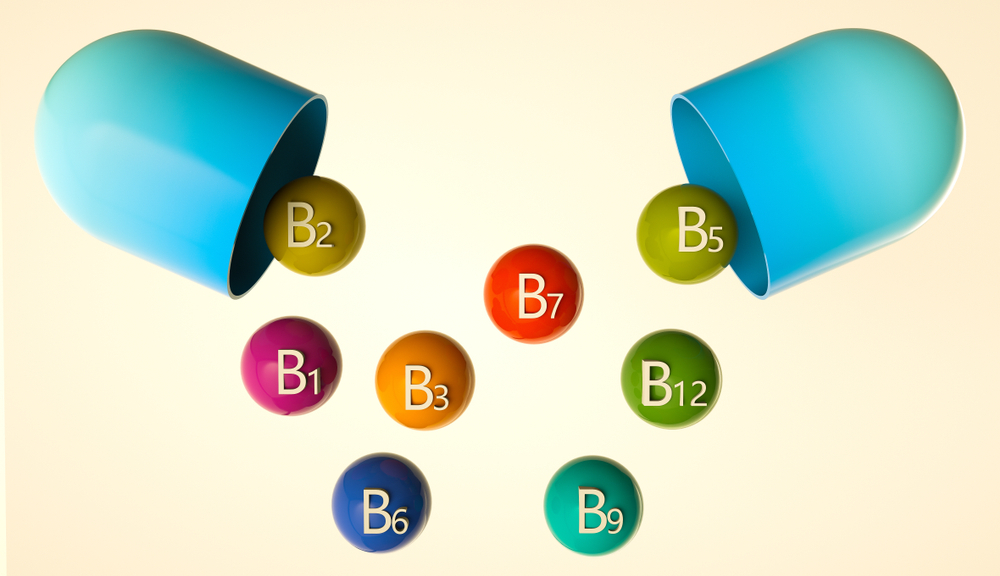
The majority of people get adequate amounts of B vitamins from their diet. The best way for your body to get these vitamins is through your diet.
Unless your doctor has determined that you are deficient in a specific B vitamin, you should not take a supplement. They’ll tell you whether you should take a specific B supplement or a vitamin B complex to supplement your diet.
If you do any of the following, you are more likely to need supplements:
-Are over the age of 50;
-Are pregnant;
-Have certain chronic health conditions
-follow a vegetarian diet -follow a vegan diet
Over-the-counter supplements are also available at your local pharmacy or health food store.
Because supplements are not regulated by the US Food and Drug Administration, you should only purchase from a reputable brand.
Thus, this ensures you’re getting a high-quality product with no questionable additives. Your doctor may be able to suggest a particular brand to consider.
Always read all labels carefully and follow any instructions provided by the manufacturer. Consult your doctor if you have any questions about the dosage.
Also Read: VITAMIN A DEFICIENCY- EVERYTHING YOU MUST KNOW – V Cure (vcurehealthcare.com)

